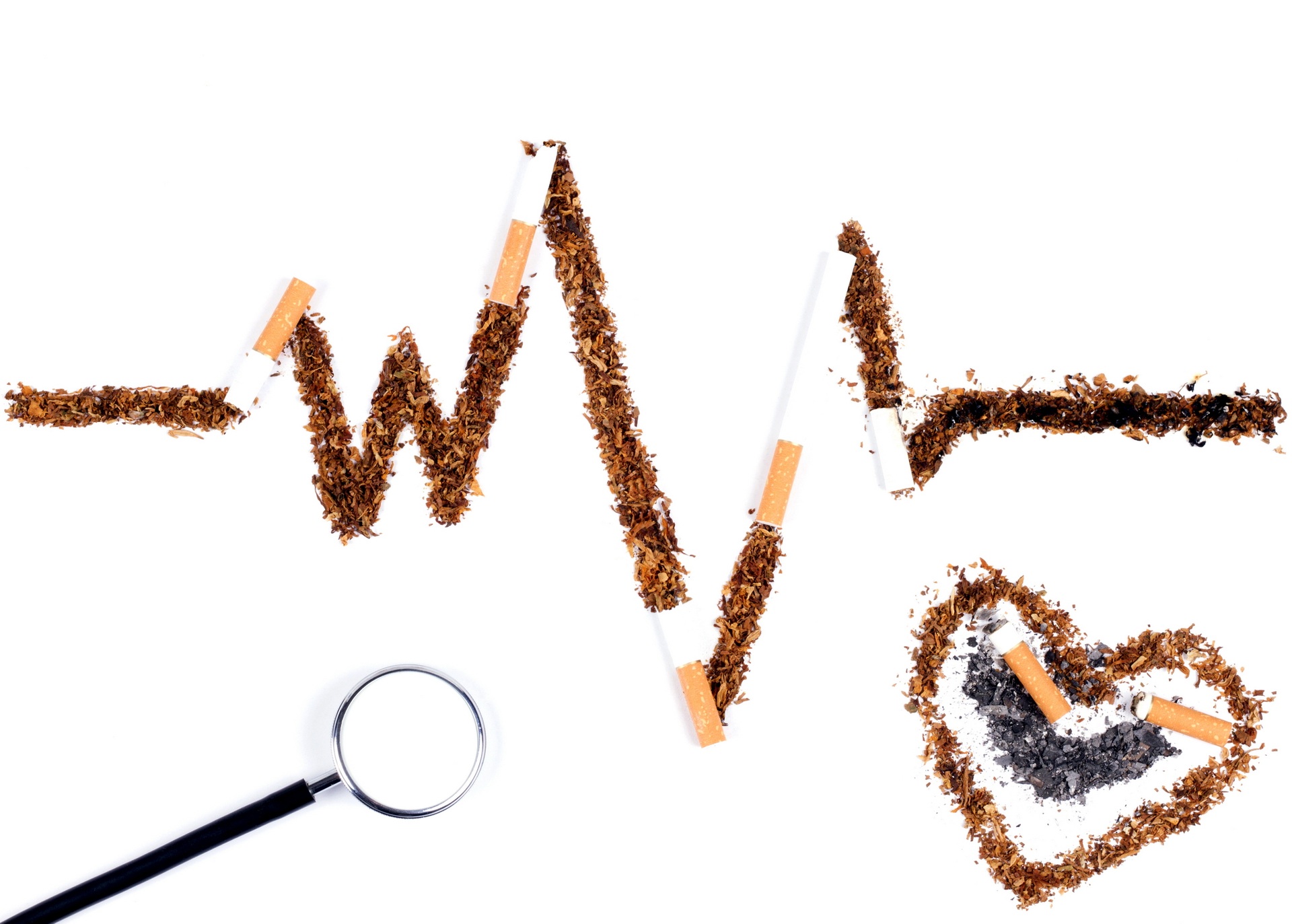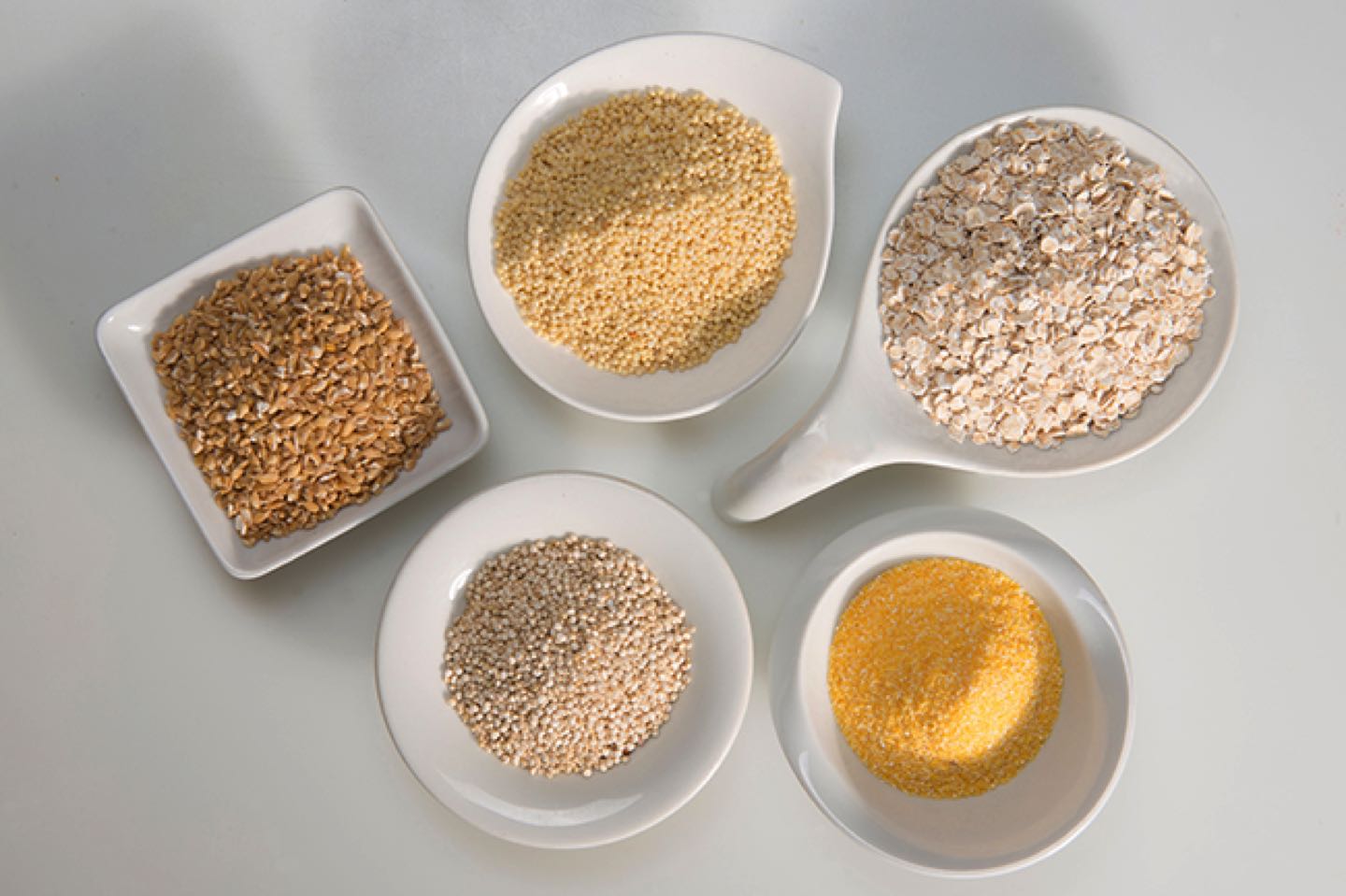Subscribe to our newsletter
Receive news and benefits on health and wellness.

The Nutritional Expert at SHA Wellness Clinic, Melanie Waxman, shares nutrition tips for quitting smoking!
Smoking is known for being one of the most difficult to leave habits. Quitting smoking my cause secondary short-term effects on people who smoked for a long time. They can feel angry, irritable, more tired, too hungry and suffer insomnia. And these are precisely the reasons that push them to smoke again.
There are ways that help us not fall into the habit again. First of all is to become aware of the positive effects of quitting smoking over the body, mind and spirit.
According to the American Cancer Society, first physical effects show up only after 20 minutes after the last cigarette. After this short period of time, heart rate and blood pressure decrease. During the next 12 hours after stop smoking, your body will start self-recovering. Levels of carbon monoxide and nicotine in your system will fall quickly, and your heart and lungs will begin to repair the damage caused by smoking. You will also notice the changes in the skin as well as in the body. Two to three weeks after quitting, lung function and cardiovascular circulation improve.
You will probably be always hungry. Allow your self to eat. Keep healthy snacks available, take frequent walks and be busy with some new hobby. This will help reduce the desire to smoke. You can also change your diet and the foods to help quit smoking, since taking the right foods and drinking the proper fluids can reduce your urge to smoke.
This food group has extreme yang energy, which produce in us too much tension and contraction. This will crave substances such as cigarette to help you relax and produce the opposite effect.
Many people smoke compulsively during stress. One of the causes of stress is to have low levels of blood glucose. Usually, people who suffer a lot of stress are hypoglycemic. When glucose levels are low, we have to take it in perspective. A diet based on whole grains, is one of the best ways to avoid hypoglycemia and maintain a stable level of blood glucose.

The lack of nicotine creates anxiety, but if we choose sweet foods, it will help us to reduce anxiety. The sweet taste is relaxing, so the more we consume vegetables like pumpkin, turnips, onions, carrots, broccoli, cabbage, stews with long cooking methods, the more relaxed we will feel. The sweet taste of many cereals like millet or sweet rice and some vegetables will leave us with a sense of fulfilment and relaxation that will avoid the craving for a cigarette after eating.
Raw celery, broccoli, zucchini, raw carrots and cucumbers will reduce the craving for nicotine.
These stimulate the pleasure centre of the brain and actually increase the craving for nicotine.
Fresh fruit is a healthy and easy snack to have and very useful for moments of anxiety. Also dried fruits, as well as apple or apricot chips.
Carrying a bag with various nuts will also help in times of anxiety, and will also provide fibre and vitamin E.
Drink more water than usual while you are quitting, may be beneficial in several ways. Mineral water is a good replacement for tobacco as you can have a sip every time you’d wish to take a puff. It’s also ideal for removing nicotine out of the body, which can help stop cravings in a shorter time. Water on the other hand, has no calories and can potentially help you lose weight instead of gaining it.
1. Eat smaller portions. You may find it beneficial to use a smaller plate. Eating slower will help you fill up faster.
2. Take time to chew and really enjoy every bite.
3. Drink a large glass of water before each meal. The water will give you a feeling of satiety and help you consume less food.
4. When you have finished your meal, it’s better to get up and walk away from the table to avoid overeating.
5. Brush your teeth after each meal.
6. Take a walk to help burn calories after meals
Receive news and benefits on health and wellness.
